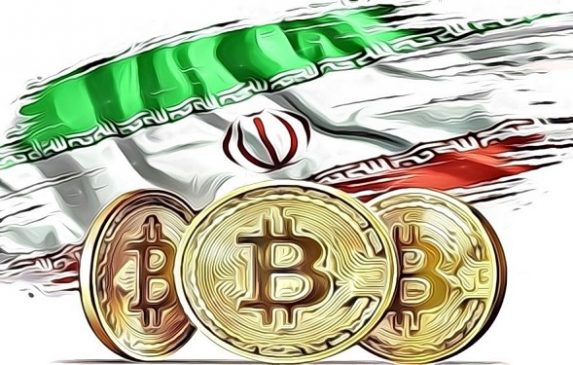Iran has recognized cryptocurrency as an official currency and has approved a mechanism for digital coin mining to bring the growing crypto mining farms under the law in the country.
“A mechanism to mine digital coins was approved by the government’s economic commission and will later be discussed at a cabinet meeting,” said Central Bank of Iran (CBI) Governor Abdolnaser Hemmati on Sunday.
Iran has tried to suppress cryptocurrency mining for months as many people started doing it, primarily mining Bitcoin (BTC)trade, given the cheap price of electricity in the country. Now that cryptocurrency has been declared an official legal currency in the country, a plan to apply the exported electricity rate for mining farms will soon be discussed and voted on in the Iranian Parliament.
Elyas Hazrati, head of economic commission of Iran’s Parliament, has reported that in addition to the finance ministry, passive defense organizations and ICT officials were present in the commission’s meeting. He said:
“We do believe that cryptocurrency industry should be recognized as an official industry in Iran to let the country take advantage of its tax and customs revenues.”
Furthermore, it was also decided in the meeting that the electricity prices should be equal to the exported power prices, according to Hazrati. The cheap electricity prices will help providing the required power to digital currency miners. He said, “The gained income can be used for purchasing foreign exchanges under US sanctions to remove the difficulties we are faced with.”
Hazrati also shared some concerns of Iranian security bodies that they have over the status of cryptocurrency in the country. They are worried about the devaluation of the national Rial currency, loss of people’s property and the flow of foreign exchange abroad due to the destabilization of cryptocurrency.
A True Change of Heart about Crypto?
Though cryptocurrency seems to have been given a green signal in the country, it is still not clear if the government is going to change its stance on the use of digital currency for domestic payments. The central bank of Iran proposed a ban on such payments in January this year which was followed by protest from the local community of industries. Two Iranians have even been placed onto the U.S. Office of Foreign Asset Control’s (OFAC) sanctions list for participation in Bitcoin ransomware activities.
The change of heart by the Iranian authoritarian regime can be explained by the fact that apart from the central bank, other entities also have a say in the matters of implementation such as different ministries, councils, organizations and the parliament. Given that these entities are influenced by different factions, each has their own opinions about how cryptocurrencies should be regulated.




